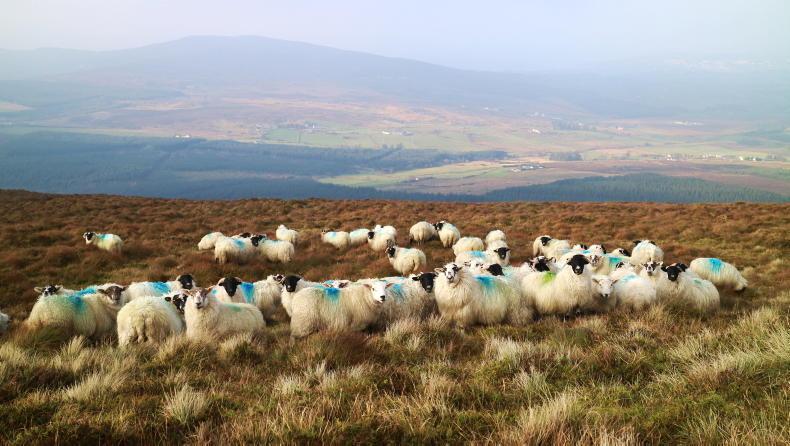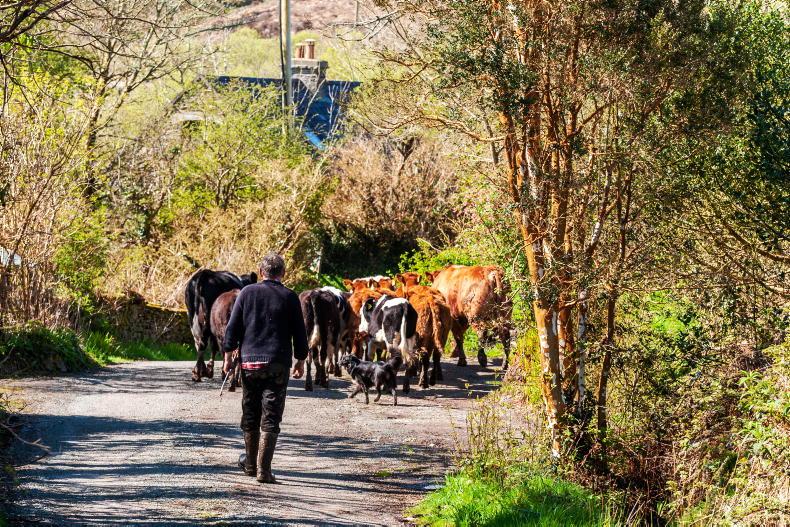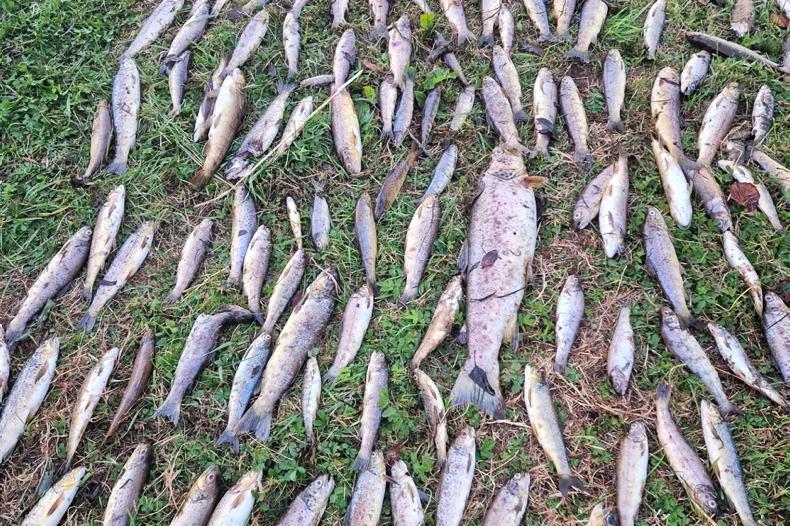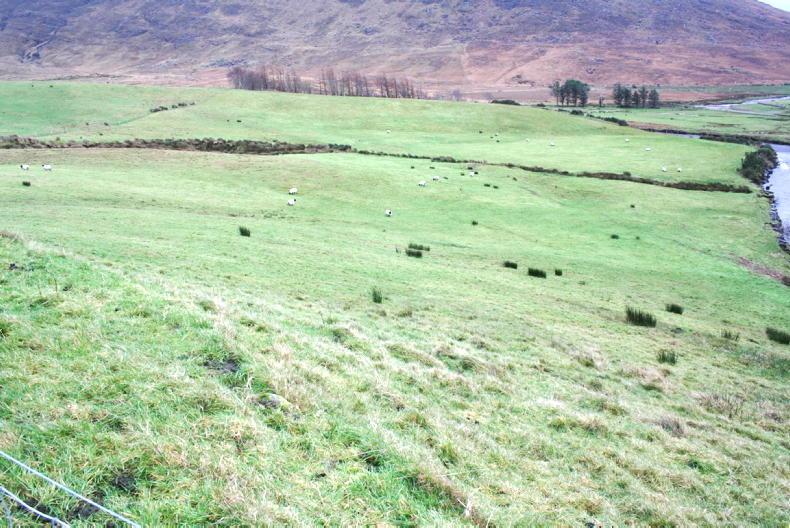DEAR SIR: Reading your paper over the past few weeks on CAP reform proposals can only be described as depressing.
Everyone, from the Commission to our national Government and environmentalists would appear to have an agenda to destroy suckler and sheep farmers.
I would like to remind your readers that it was the drystock sector (ie suckler and sheep farmers) that earned the majority of the single farm payment for Ireland.
Of a total of €1.3bn in Pillar I, €1bn was paid to the drystock sector. This has now been reduced with our last reform to €700m – a drop of 30%. We were told that flattening would be a fairer system (more equitable) but what’s fair about a 30% cut to a low-income sector that depends on direct support for its viability? Ming Flanagan would suggest that it is good for the west of Ireland, his constituency, as it takes money from the east.
The reality is we have a lot of small progressive family farm units with 30ha to 50ha in suckling and sheep all over Ireland being squeezed out of business totally and these people are the essence of the family farm unit.
Traditionally, the support went to the weaker, low-income sectors to maintain viability. Now the proposal is to pay everyone the same, ie a 40ha farm at €200/ha will get €8,000 of a single farm payment. A 200ha farmer will get €40,000 – small progressive family farms gone, big landlords the way forward. I ask a simple question – are we better off with five 40ha farms farming and protecting the environment or one 200ha industrial unit?
Proposals
Under the proposals, I give an example of a progressive family farmer on a 40ha farm with an entitlement of €500/ha; this farmer will have his entitlements cut by 30% for the eco-scheme, which equals €350. €350 converged to 85% of the national average €240 equals €276.
The total cut on this farm is €224, which equates to 45%. A lot of these farms were cut dramatically in the last reform. Suckler and sheep farmers may be squeezed out totally to possibly make room to allow beef come in from Mercosur areas.
The flat payment assumes all commodities can make the same profits per hectare and this is simply not the case – for example, dairy farm income is up to five times better than drystock. The proposal to cut the CAP to fund the eco-schemes needs to be revisited and any new schemes for the environment will have to be funded out of new monies as this is what other countries are doing throughout the EU.
While some of the eco-scheme funding may come back as support, we are talking a max of €80/ha, but this income will be foregone with new costs in this scheme. We currently have BDGP and BEEP S schemes but these have costs incurred. In my case, the BDGP works out at €54 per cow, not the €90 on the first 10 and €80 on the rest as is claimed.
Speaking recently to a friend of mine who has a beef farm in France, they have a coupled payment system that pays €172 on the first 50 beef cows and €132 on the rest. In Ireland, our Government has decided on no coupled payment for beef cows and everyone is being pushed towards dairying.
We now see large dairy units of 200 cows plus popping up all over the country with the new buzzword “satellite farms”. This sector is quickly moving away from the small family farm to industrial-type units like we see in New Zealand and America. This cannot be good for our rural economy or environment.
GLAS
As a beef farmer in a derogation and the GLAS scheme, I see my GLAS payment cut by 54% because I decided to protect the watercourse with a fence. I’m now told it is mandatory under derogation rules to do this so I will not be paid for it. It looks like we are being pushed into all of these schemes and then by making them mandatory we will no longer be compensated for them. I think it is time for our Commissioner, Mairead McGuinness, Minister Charlie McConologue and his Department and farm organisations to wake up and not to allow our family farms to be destroyed.










SHARING OPTIONS